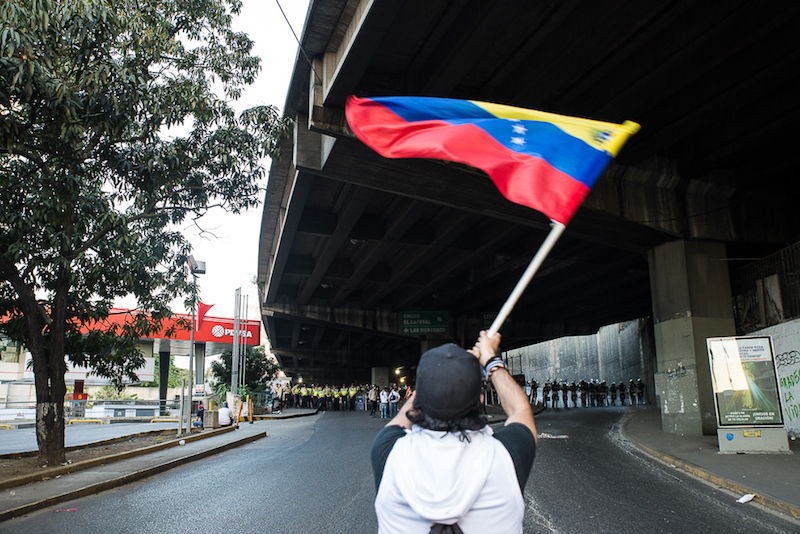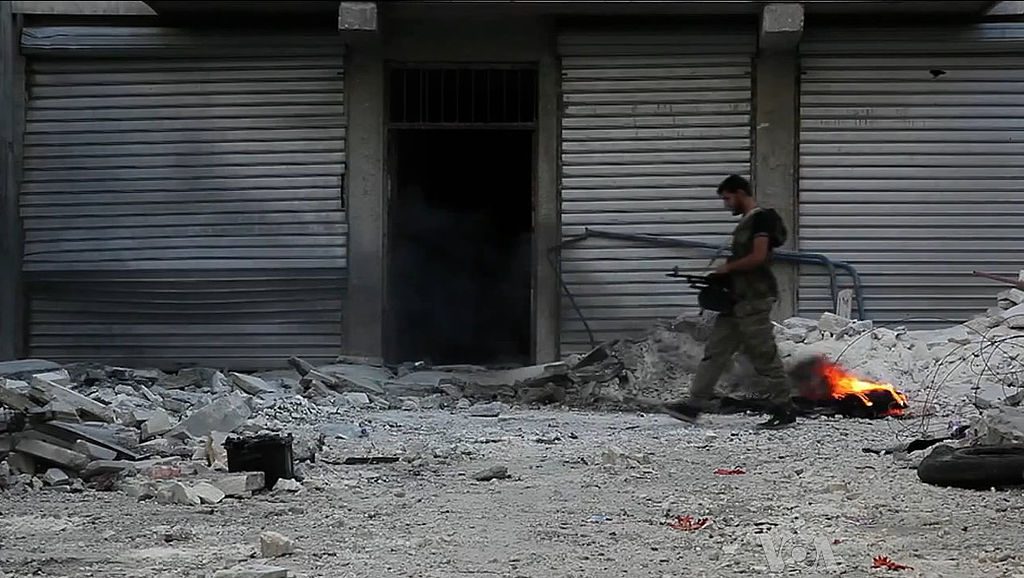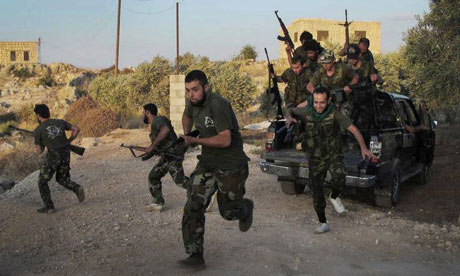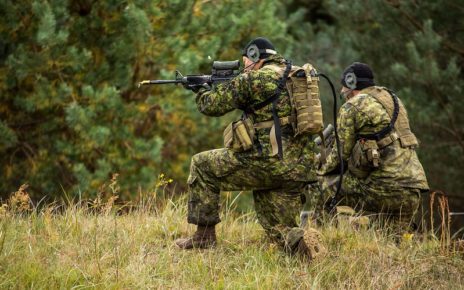The current situation in Venezuela is tense. People are living on just over 30 dollars a month. A country once known for being rich and held together by a strong leadership that heavily focused on social spending, has become an economic disaster. There is a crisis in Venezuela that has resulted in chaos from a range of issues, such as, social, political, and economical. These issues are causing the country to fall apart.
Due to shortages of food and basic goods, tens of thousand of Venezuelans are crossing to the bordering country, Columbia, to obtain what is lacking at home. Shortages of food and medicine are the byproduct of the price and currency controls imposed by the Venezuelan government.
President Nicolas Maduro, the successor to Hugo Chavez, has declared a state of emergency, in which he says he will combat economic war caused by foreign powers and right wing forces. The U.S. Central Intelligence Agency reports that the current concerns in Venezuela include: an increasingly politicized military, rampant violent crime, high inflation, and widespread shortage of basic consumer goods, medicine, and medical supplies.
A large part of the problem for these shortages has to do with the fact that the Maduro government has very little money available to import goods, and as such relies on what the previous government had done by introducing the price controls on some basic goods. Chavez introduced price controls in 2003 to make items such as sugar, coffee, milk, rice, flour, and corn oil affordable for Venezuela’s poor. This caused producers to operate at a loss, and many refused to provide goods for the government-run stores.
Venezuela is heavily dependent on oil, which accounts for about 95% of export revenues. These revenues were used to finance social programmes, but with the dropping oil prices, the government has had to make major cuts to these programmes.
The Democratic Unity Roundtable (MUD) won a majority of the seats in the National Assembly in Venezuela’s legislature in the parliamentary elections in December 2015, with almost twice as many seats as Maduro’s United Socialist Party of Venezuela (PSUV). However, Maduro remains President as presidential terms and elections are separate from the parliamentary elections. Venezuela’s constitution gives the President the power to appoint Cabinet Ministers and Supreme Court judges. The Supreme Court stacked by Maduro appointees rejected the constitutional amendment passed by the National Assembly to reduce Maduro’s term from six years to four. A petition with 1.85 million signatures has been signed calling for a referendum.
In order to have new elections, a referendum has to be held before early January 2017, and groups in opposition to Maduro have been actively calling people to protest at the National Electoral Council (CNE). The National Assembly wants a referendum, because under Venezuela’s constitution if the president is recalled in the last two years, his vice-president takes over, which would leave Venezuela in the same exact state, as the Vice President is a loyal Maduro appointee.
Maduro has considered shutting the National Assembly down, and has declared a 60-day state of emergency. The National Assembly has promised to hold a demonstration on September 1, 2016, in order to force the government to make changes.
Venezuela is facing a crisis. For economic freedom Venezuela ranks 176 in the world, and the primary focus should be on changing the rule of law, regulatory efficiency, and open markets. The Maduro administration either has to change the government spending to escape the higher inflation and public debt, or step down and have the National Assembly try to improve Venezuela’s standard of living.
Photo: Portestas en Caracas 15 de Febrero 2014, by MARQUINAM via Flickr. Licensed under CC BY-ND 2.0.
Disclaimer: Any views or opinions expressed in articles are solely those of the authors and do not necessarily represent the views of the NATO Association of Canada.




